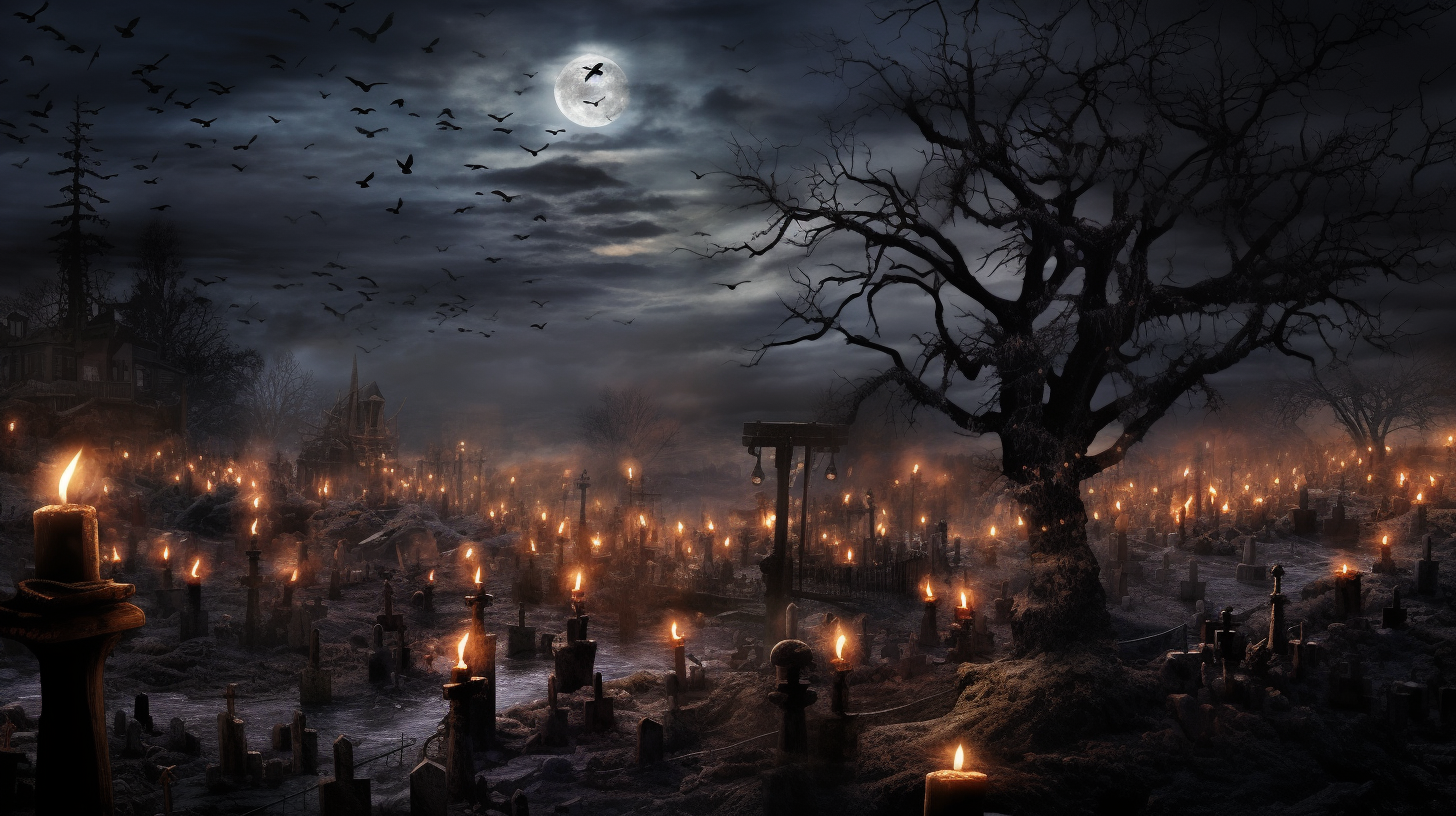A Dystopian Dirge in the Key of Climate Cataclysm
In the bosom of a world draped in an eternal veil of grey, where the sun’s warmth has become folklore, the ‘twilight chorus’ has fallen into chilling silence. Once, dusk heralded a symphony of cicadas, frogs, and night birds; now, there is only the hollow whisper of winds passing through the skeletons of forests. This is not a tale of yesteryear’s serenade; this is a requiem for the silenced orchestra of Mother Nature.
In our latest exploration of environmental heartache, we turn our gaze towards the desperate efforts to resurrect the twilight chorus—an effort as heartbreaking as it is futile, for in the echoes of silence, one may discern a potent eulogy for the Earth we once knew.
Can You Hear the Whispers of Ghosts?
Environmental scholars and dystopian poets alike have termed the hush that blankets the evenings as ‘The Great Quietus’. An auditory void where life’s exuberance has been replaced by absence. This unsound is the harbinger of our unprecedented disconnect—a reminder that when the night falls silent, our souls mirror its emptiness.
Faced with an unquiet hush, a band of rogue conservationists has embarked on a movement, a semblance of rebellion. Termed ‘Operation Audible Twilight’, they strive to reintroduce the lost calls into the night, a task as colossal as trying to paint the stars back into our ashen skies.
The Mechanics of Mimicry
The conservationists’ methods—the devices that birth artificial animal cries—are technological marvels and tragic testaments of our times. Taking cues from past generations, they harness old soundscapes, attempting to inject life into the desolate nights. The mechanical crickets chirp in vain, synthetic owls hoot to an audience of ruins, and phantom frogs croak alongside rivers of sludge.
Though these echoes are hollow, they ring with the reverberation of human resistance—a refusal to let the night become a mere relic of sounds untouched by life. It’s an eerie theater, this mimicry of natures’ symphony; artifice trying to soothe the aching memory of a lost world.
In Pursuit of Darkness and Silence
In a bizarre reversal, it is no longer the daylight that is prized but the ephemeral shroud of darkness and stillness that comes with what was once ‘night’. The conservationists are not only sound artists but also warriors against the light pollution that now bathes our planet—fighting for patches of shadow in which they can stage their auditory insurgencies.
As we have seen in our prior exploration, ‘Chasing Nightfall – Cultural Impact of the Disappearing Darkness’, the pursuit of darkness has taken on a cultural significance. It’s a quest imbued with a blend of nostalgia and defiance, as shadow artists and ordinary folk alike strive to recapture the essence of what has been lost.
Standing at the Crossroads
While ‘Operation Audible Twilight’ battles to resurrect our planet’s lullaby, they also unwittingly illuminate the crossroads at which we stand. Can the artificial be a bridge to our past or is it merely the final note in our swansong?
Here, we skirt the knife’s edge between remembrance and despondency. The reintroduction of forged nocturnal harmonies probes whether we hang onto vestiges of yesteryear as a means of coping, or whether these acts of remembrance can indeed stoke the fires of revolution within a beleaguered populace, too accustomed to loss.
Conclusion: The Paradox of Preservation
What meaning does the twilight chorus hold when its songsters are no longer flesh and blood? There is a haunting beauty in the resolve to remember, but also a lingering question—what are we preserving if the heart of our world beats no more?
In restoring the sounds of twilight, there lies both a tender act of defiance and a chilling acknowledgment that perhaps we are but curators of a museum of echoes. The conservationists strive to prove that the darkness and silence can still be a canvas, but isn’t it true that a canvas without the touch of the genuine artist remains conspicuously blank?
Their unyielding determination to bring noise to the night embodies the spirit of an ecological elegy that this world so desperately needs to acknowledge. Our chorus may be unsilent, but its truth is that every note we synthesize is a reminder of what has been irretrievably lost.
